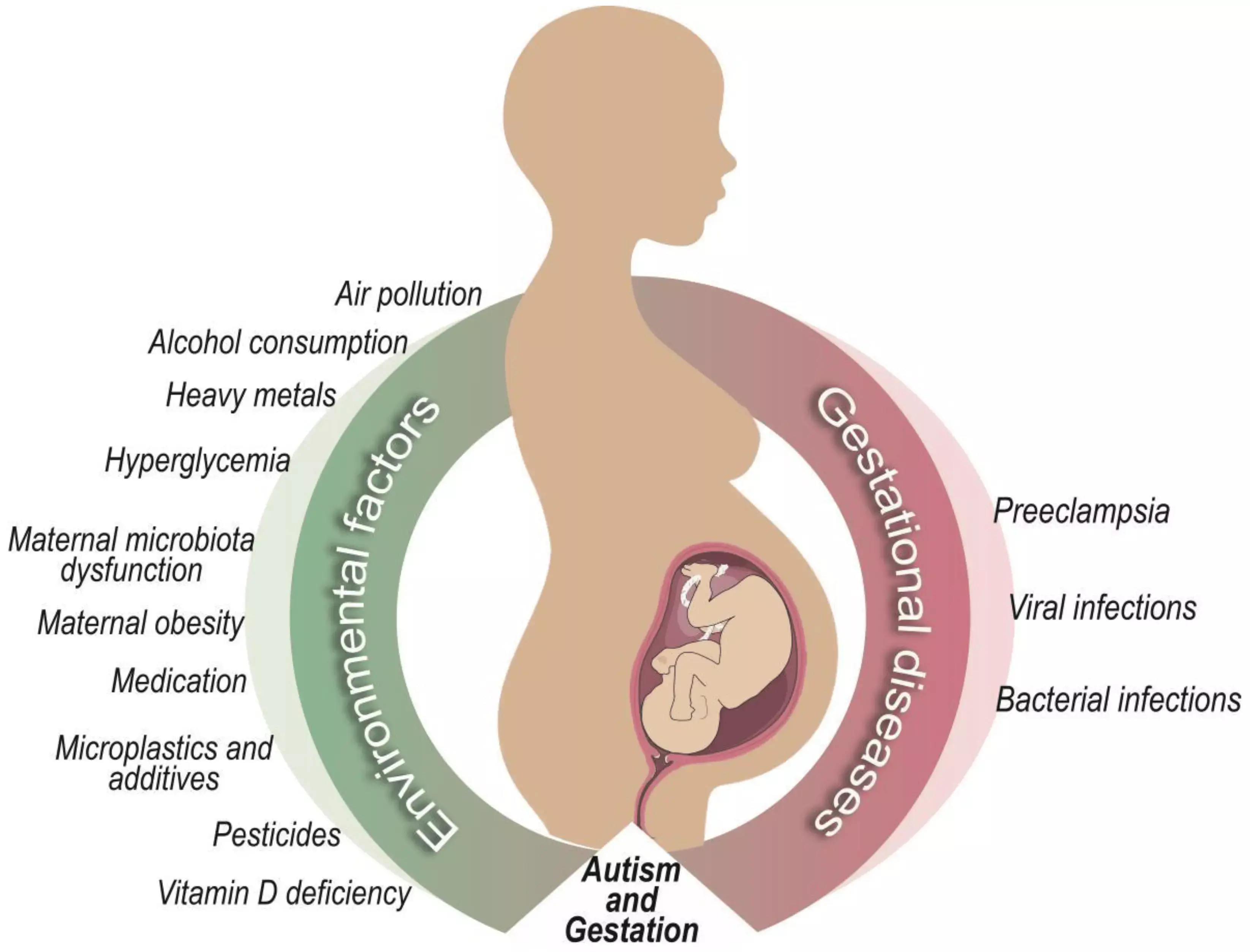- Home
- Medical news & Guidelines
- Anesthesiology
- Cardiology and CTVS
- Critical Care
- Dentistry
- Dermatology
- Diabetes and Endocrinology
- ENT
- Gastroenterology
- Medicine
- Nephrology
- Neurology
- Obstretics-Gynaecology
- Oncology
- Ophthalmology
- Orthopaedics
- Pediatrics-Neonatology
- Psychiatry
- Pulmonology
- Radiology
- Surgery
- Urology
- Laboratory Medicine
- Diet
- Nursing
- Paramedical
- Physiotherapy
- Health news
- Fact Check
- Bone Health Fact Check
- Brain Health Fact Check
- Cancer Related Fact Check
- Child Care Fact Check
- Dental and oral health fact check
- Diabetes and metabolic health fact check
- Diet and Nutrition Fact Check
- Eye and ENT Care Fact Check
- Fitness fact check
- Gut health fact check
- Heart health fact check
- Kidney health fact check
- Medical education fact check
- Men's health fact check
- Respiratory fact check
- Skin and hair care fact check
- Vaccine and Immunization fact check
- Women's health fact check
- AYUSH
- State News
- Andaman and Nicobar Islands
- Andhra Pradesh
- Arunachal Pradesh
- Assam
- Bihar
- Chandigarh
- Chattisgarh
- Dadra and Nagar Haveli
- Daman and Diu
- Delhi
- Goa
- Gujarat
- Haryana
- Himachal Pradesh
- Jammu & Kashmir
- Jharkhand
- Karnataka
- Kerala
- Ladakh
- Lakshadweep
- Madhya Pradesh
- Maharashtra
- Manipur
- Meghalaya
- Mizoram
- Nagaland
- Odisha
- Puducherry
- Punjab
- Rajasthan
- Sikkim
- Tamil Nadu
- Telangana
- Tripura
- Uttar Pradesh
- Uttrakhand
- West Bengal
- Medical Education
- Industry
Restricted first-trimester fetal size Tied to mental and Psychomotor Developmental Delay in childhood: Study

Restricted first-trimester fetal size tied to mental and psychomotor developmental delay in childhood suggests a study published in the BMC Medicine.
Early pregnancy is a critical window for neural system programming; however, the association of first-trimester fetal size with children’s neurodevelopment remains to be assessed. This study aimed to explore the association between first-trimester fetal size and children’s neurodevelopment and to examine whether intrauterine accelerated growth could compensate for the detrimental effects of first-trimester restricted growth on childhood neurodevelopment. The participants were from a birth cohort enrolled from March 2014 to March 2019 in Wuhan, China. A total of 2058 fetuses with crown to rump length (CRL) (a proxy of first-trimester fetal size) measurements in the first trimester and neurodevelopmental assessment at age 2 years were included. We measured the first-trimester CRL and defined three fetal growth patterns based on the growth rate of estimated fetal weight from mid to late pregnancy. The neurodevelopment was assessed using the Bayley Scales of Infant Development of China Revision at 2 years.
Results: Each unit (a Z score) increase of first-trimester CRL was associated with increased scores in mental developmental index (MDI) (adjusted beta estimate = 1.19, (95% CI: 0.42, 1.95), P = 0.03) and psychomotor developmental index (PDI) (adjusted beta estimate = 1.36, (95% CI: 0.46, 2.26), P < 0.01) at age 2 years, respectively. No significant association was observed between fetal growth rate and PDI. For children with restricted first-trimester fetal size (the lowest tertile of first-trimester CRL), those with “intrauterine accelerated growth” pattern (higher growth rates) had significantly higher MDI (adjusted beta estimate = 6.14, (95% CI: 3.80, 8.49), P < 0.001) but indistinguishable PDI compared to those with “intrauterine faltering growth” pattern (lower growth rates). Main limitations of this study included potential misclassification of gestational age due to recall bias of the last menstrual period and residual confounding. The current study suggests that restricted first-trimester fetal size is associated with mental and psychomotor developmental delay in childhood. However, in children with restricted first-trimester fetal size, intrauterine accelerated growth was associated with improved mental development but had little effect on psychomotor development. Additional studies are needed to validate the results in diverse populations.
Reference:
Chen, X., Liu, H., Li, Y. et al. First-trimester fetal size, accelerated growth in utero, and child neurodevelopment in a cohort study. BMC Med 22, 181 (2024). https://doi.org/10.1186/s12916-024-03390-3
Dr. Shravani Dali has completed her BDS from Pravara institute of medical sciences, loni. Following which she extensively worked in the healthcare sector for 2+ years. She has been actively involved in writing blogs in field of health and wellness. Currently she is pursuing her Masters of public health-health administration from Tata institute of social sciences. She can be contacted at editorial@medicaldialogues.in.
Dr Kamal Kant Kohli-MBBS, DTCD- a chest specialist with more than 30 years of practice and a flair for writing clinical articles, Dr Kamal Kant Kohli joined Medical Dialogues as a Chief Editor of Medical News. Besides writing articles, as an editor, he proofreads and verifies all the medical content published on Medical Dialogues including those coming from journals, studies,medical conferences,guidelines etc. Email: drkohli@medicaldialogues.in. Contact no. 011-43720751


